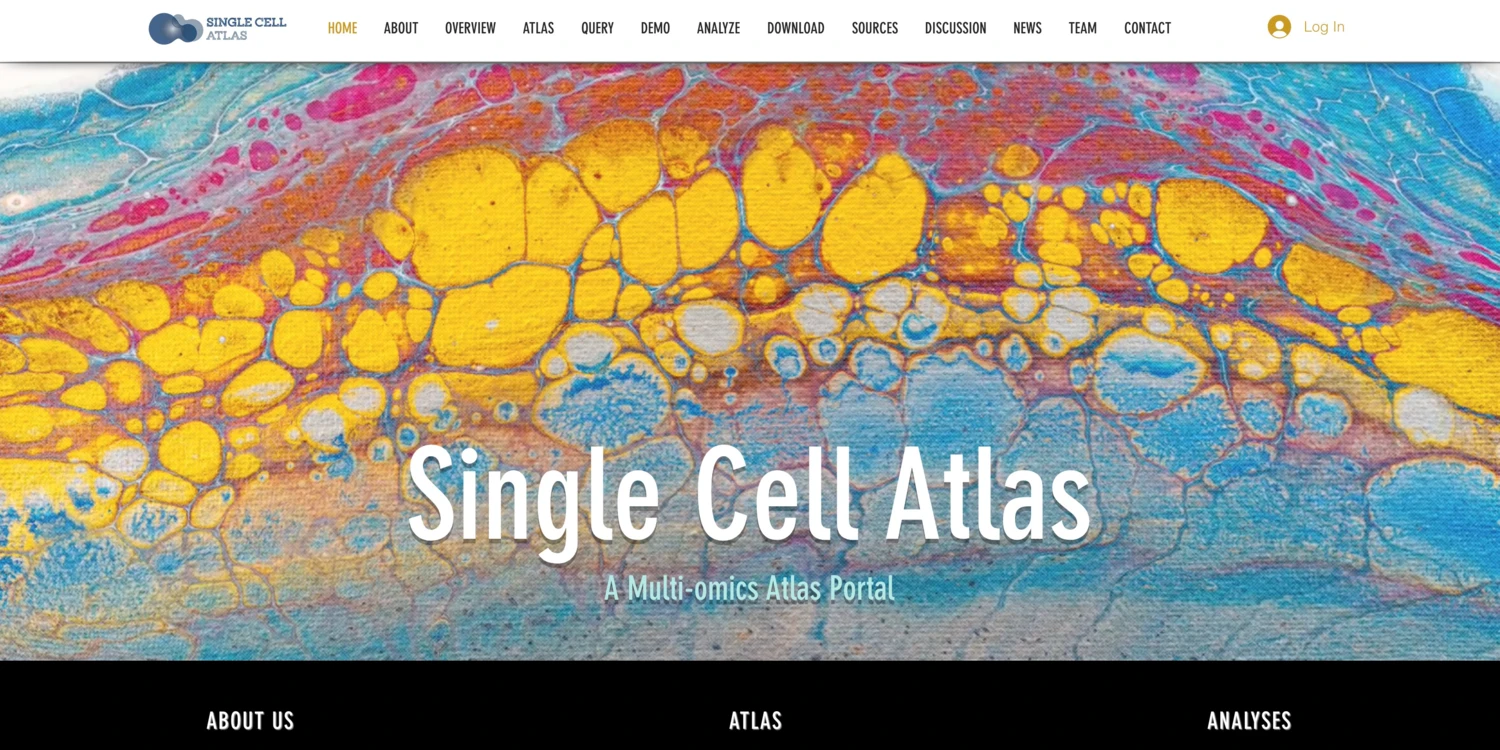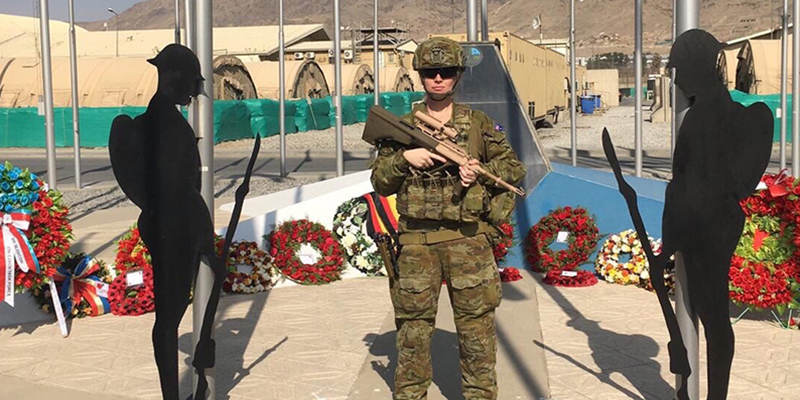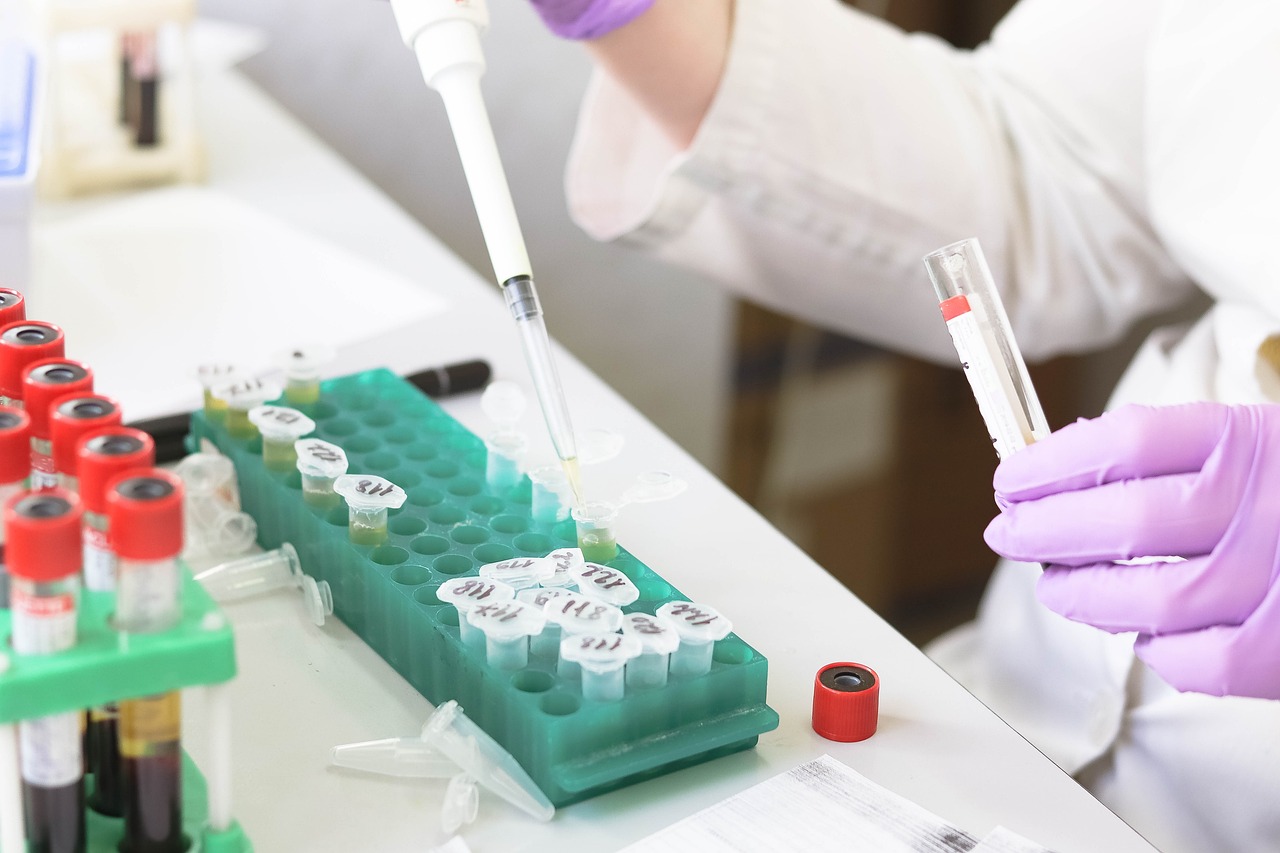The Foundation for Alcohol Research and Education (FARE) is partnering with The University of Queensland (UQ) for a three-year study to better understand how young people are targeted by alcohol companies via social media.
Using novel computational and machine learning methods, researchers are collecting and analysing alcohol marketing from more than 480 alcohol pages on social media.
This research comes as investigations by Reset Australia found that Facebook tags children as interested in alcohol, approves alcohol advertisements targeted to children, and continues to harvest children’s data to target them with advertising.
On average, advertising technology companies collect more than 72 million data points on a child before they reach the age of 13.
UQ, Lead Chief Investigator, Associate Professor Nicholas Carah said the new study is using revolutionary technology to better understand the digital marketing practices of alcohol companies.
“Digital marketing by alcohol companies is rapidly growing, particularly across social media platforms. A lot of this marketing is targeted at people based on their personal data, and we know young people are being exposed to alcohol advertising,” A/Prof Carah said.
“Much of this is occurring out of sight, only being seen by those directly targeted and through content that is short-lived, making it extremely difficult to monitor harmful ads and predatory targeting.”
“By revealing what’s behind the curtain and showing the hidden tactics used by alcohol marketers, we hope these insights provide the urgently needed evidence-base for understanding and effectively governing alcohol marketing in the digital age.”
FARE Senior Policy and Research Advisor, Dr Aimee Brownbill, said that by spotlighting the predatory digital marketing tactics of alcohol companies we can put measures in place that protect the health and wellbeing of young people.
“Young people are engaging with technology more than ever before, and they have the right to be able to explore, learn and connect online safely,” Dr Brownbill said.
“In Australia, there are limited protections in place to prevent young people from predatory marketing practices in the digital world. This study will help us to better understand the ways that alcohol companies target young people and measures that can be introduced to prevent this.”
The project received $530,000 in funding with $265,000 from the Australian Research Centre. Initial findings will be published in early 2022. FARE and the University of Queensland will also work closely with co-investigators and partners Curtin University, Monash University, and Queensland University of Technology.








